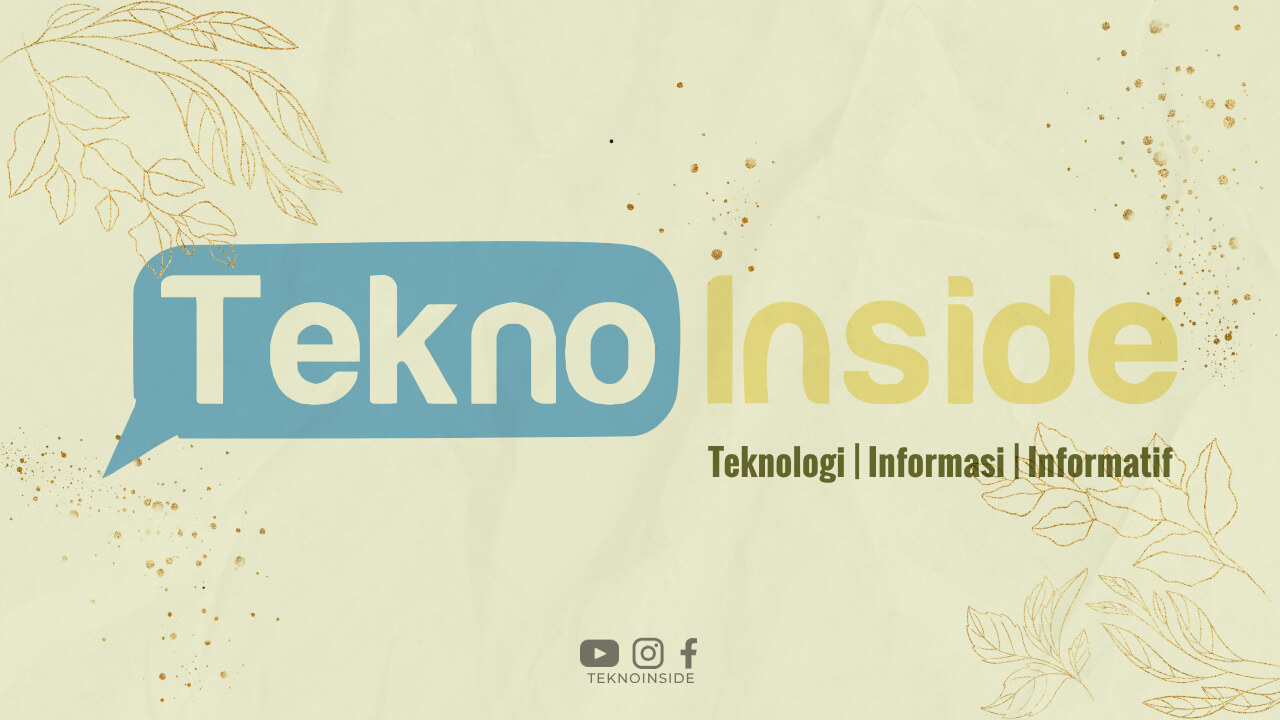Artificial Intelligence (AI) has emerged as a transformative force in various industries, and digital marketing is no exception. With its ability to process and analyze vast amounts of data at an unprecedented speed, AI is revolutionizing the way businesses approach marketing strategies. In this article, we will explore how AI is reshaping the future of digital marketing.
The Rise of Personalization
One of the key ways that AI is transforming digital marketing is through personalization. AI-powered algorithms can analyze user behavior, preferences, and demographics to deliver highly relevant and tailored content. This level of personalization enables marketers to engage with their target audience on a more individualized level, increasing the chances of converting leads into loyal customers.
Moreover, AI allows for dynamic content optimization, meaning that the content can be adjusted in real-time based on the user’s preferences and interactions. This level of personalization creates a more immersive and engaging experience for users, resulting in higher customer satisfaction and brand loyalty.
Improved Customer Service with Chatbots
AI-powered chatbots have become increasingly popular in recent years, providing businesses with a cost-effective solution to enhance customer service. These chatbots utilize Natural Language Processing (NLP) algorithms to understand and respond to customer queries in real-time.
Chatbots can handle a wide range of customer interactions, including answering frequently asked questions, providing product recommendations, and even processing transactions. By automating these processes, businesses can save time and resources while providing customers with instant support, 24/7.
Enhanced Data Analysis and Insights
AI enables marketers to analyze large volumes of data and extract valuable insights that can inform their marketing strategies. Machine learning algorithms can identify patterns, trends, and correlations within data sets, allowing marketers to make data-driven decisions.
With AI, marketers can gain a deeper understanding of their target audience’s preferences, behaviors, and needs. This information can be used to create more targeted and effective marketing campaigns, resulting in higher conversion rates and ROI.
Optimized Advertising Campaigns
AI-powered platforms have revolutionized the advertising landscape by optimizing ad campaigns in real-time. By analyzing user behavior and historical data, AI algorithms can predict the most effective ad placements, timings, and messaging to maximize conversions.
Programmatic advertising, which relies heavily on AI, automates the buying and selling of ad space, allowing marketers to reach their target audience at the right moment and on the most relevant platforms. This level of optimization ensures that businesses get the most out of their advertising budgets, resulting in higher ROI.
Improved SEO Strategies
AI has also transformed the field of Search Engine Optimization (SEO). With constantly evolving search engine algorithms, AI-powered tools can help marketers stay ahead of the game by analyzing search patterns, keywords, and user intent.
AI algorithms can identify gaps in content, provide suggestions for improving website performance, and even predict future trends in search behavior. By leveraging AI in SEO strategies, businesses can increase their organic search visibility, drive more traffic to their websites, and stay competitive in the digital landscape.
Automated Content Creation
Content creation is a time-consuming process, but AI is streamlining this task by automating various aspects. AI-powered tools can generate content based on specific guidelines and parameters, saving marketers significant time and effort.
While AI-generated content may not replace human creativity and storytelling, it can assist in tasks such as generating product descriptions, social media posts, and personalized email campaigns. This automation allows marketers to focus on higher-level strategic initiatives while AI handles repetitive content creation tasks.
Improved Predictive Analytics
AI’s predictive analytics capabilities are transforming how marketers forecast customer behaviors and make informed decisions. By analyzing historical data and identifying patterns, AI algorithms can predict future outcomes and trends with a high degree of accuracy.
This predictive power can help marketers anticipate customer needs, preferences, and potential churn. Armed with these insights, businesses can proactively adjust their marketing strategies to meet customer expectations and stay one step ahead of the competition.
Conclusion
As AI continues to advance, its impact on the future of digital marketing is only going to grow. From personalized customer experiences and automated content creation to improved data analysis and optimized advertising campaigns, AI is reshaping the way businesses approach marketing.
By leveraging AI-powered tools and technologies, businesses can enhance their marketing strategies, increase customer satisfaction, and drive higher conversion rates. Embracing AI in digital marketing is no longer a luxury but a necessity to stay competitive in the ever-evolving digital landscape.

